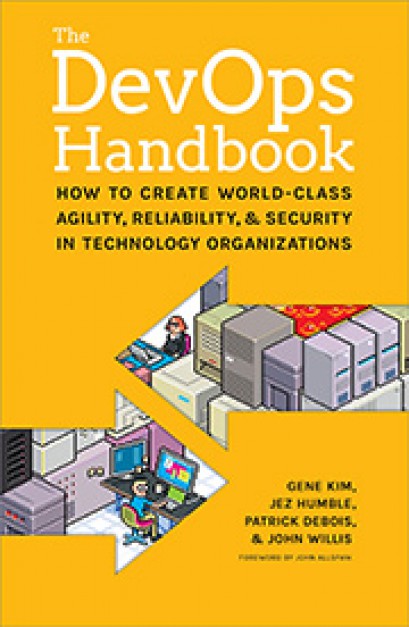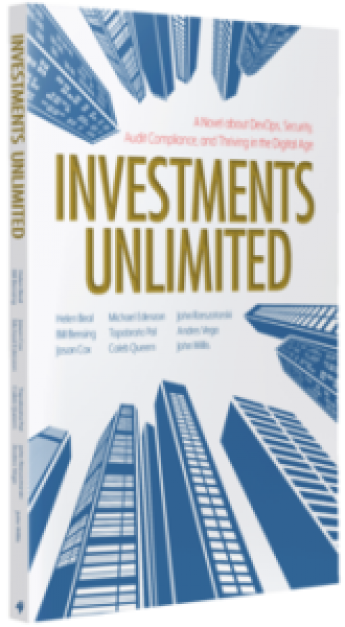

Reception and Opening
Welcome & Opening Remarks


JOHN WILLIS - Founder at Batchagalupe
«Investments Unlimited - A Novel»
IT Revolution published a new novel based on The Phoenix Project narrative in September 2022. It’s about an investment bank dealing with DevOps, DevSecOps, and IT Risk. John as co-author of this bestseller will share with the story behind the book and how it was created.
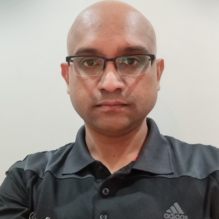

Sanvy Sabapathee - Solutions Engineer at Confluent
«Devops Data and You: How you should think about your data»
We speak about devops a lot, but we seldom speak about what this means for a data ecosystem. This presentation will explore devops and it’s role in data.


Tali Friedman - Manager Solutions Engineering at LaunchDarkly
«Go faster, be safer Release Velocity and Psychological Safety»
We often think about speed and danger as being closely related, but we now have empirical proof that faster, smaller releases tend to cause fewer outages and less downtime for our software systems. In this talk LaunchDarkly will talk about strategies to increase speed while reducing risk followed by an interactive short demo.



Lunch
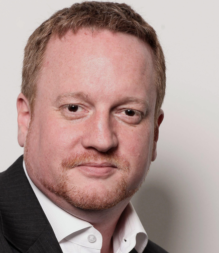

Peter Lees - Head of Solutions and Innovation, Asia-Pacific at Suse
«The Edge “Lots and lots of little (and not-so-little) things (managing scale & hyperscale on the edge (or all of the edges)”.»
“The Edge” is both the new frontier and a concept that has been around for ages. However you look at it, it’s clear that the number, capacity & relevance of edge devices and systems is growing exponentially. With the increasing use of containerisation to dynamically push applications to these devices, how can we manage, maintain & secure both workloads & environments at the necessary scale? This session takes a look at examples of edge deployments to see what’s possible and looks at some of the tools & techniques that have been used to address our latest scalability challenge.
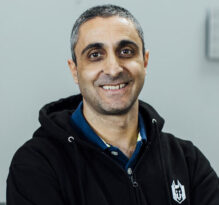
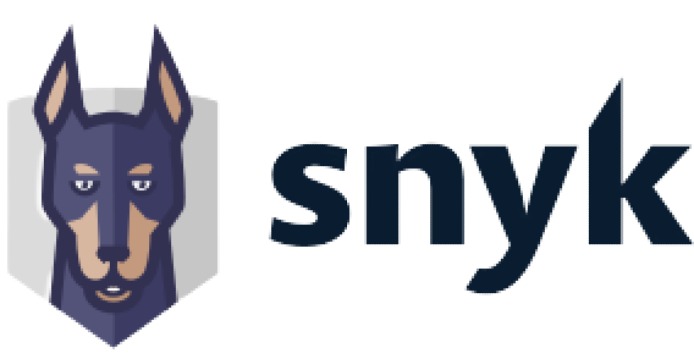
Pas Apicella - Principal Solutions Engineer at Snyk
«Here is my code, Secure it for me, On the way to the cloud»
Applications running in Containers have been a foundational technology enabler in the DevOps movement, and Kubernetes has brought scale and flexibility to the process of deploying multiple containerized workloads across every cloud. Now, for the first time, there’s a security solution that spans the full cycle of DevOps practices for container workloads. It enables developers to build safer containers to run their applications, resulting in a more secure production environment and an ongoing feedback loop for fixing critical issues as quickly as possible.



Break
Clossing remarks
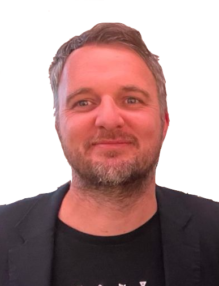

Shaun Stuart - Senior Solutions Engineer at Hashicorp
«Scalable, Dynamic Security Across Clouds»
Organisations are increasingly adopting centralised cloud operations driving automation as the path to success. But even as these developments drive good outcomes and multi-cloud is helping achieve their goals, there’s more to be done; from the prevalence and success of a common multi-cloud operating model to the ongoing importance of cloud security and where zero trust security is predicated on securing everything based on trusted identities. Join Shaun Stuart, Sr. Solutions Engineer from HashiCorp, as he shares our latest state of cloud survey results, what “zero trust” actually means in a multi-cloud world and what’s required to make it truly successful.
Open Space Discussions, Beer, Fingerfood Entertaiment and Discussions


Jaco Saunderson - Head of Engineering at Vodafone
«Sharing Vodafone NZ's devops journey: what we're learning»
evOps has its roots in technology delivery, but has evolved into a core strategic capability for successful organisations. However, DevOps represents a fundamental paradigm shift in operating model. In this session, we will discuss some of the learnings from a variety of organisations including Vodafone NZ (soon to be One.NZ).
Topics covered will include:


Reception and Opening
Welcome & Opening Remarks
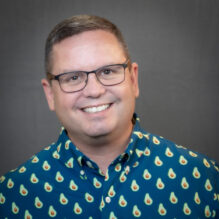

Nathen Harvey - Developer Advocate at Google
«Capabilities for Building High-performing Technology Teams»
Technology drives value and innovation in every organization. At Google Cloud, we have learned a lot about what it takes to build and scale high-performing technology teams. Our own lived experience combined with a multi-year research program led by the DevOps Research and Assessment (DORA) team can be used to help you and your team transform into a high-performing technology team.
This talk will dive into some of the findings of the 2022 DORA research program.
We will couple these findings with stories from the field about how teams are putting these ideas into practice. There will be success stories and cautionary tales: let’s all learn from one another.
Spoiler alert! The best teams focus on getting better at getting better. You can do this, too!


Katie McLaughlin - Senior Developer Relations Engineer at Google
«Capabilities for Building High-performing Technology Teams»
Technology drives value and innovation in every organization. At Google Cloud, we have learned a lot about what it takes to build and scale high-performing technology teams. Our own lived experience combined with a multi-year research program led by the DevOps Research and Assessment (DORA) team can be used to help you and your team transform into a high-performing technology team.
This talk will dive into some of the findings of the 2022 DORA research program.
We will couple these findings with stories from the field about how teams are putting these ideas into practice. There will be success stories and cautionary tales: let’s all learn from one another.
Spoiler alert! The best teams focus on getting better at getting better. You can do this, too!
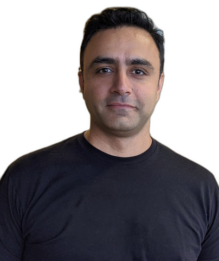
Ashish Kumar - Director Field Engineering at Solo.io
«Less mess with service mesh»
This talk will focus on designing a service mesh without sidecar and will talk about future direction of Istio.
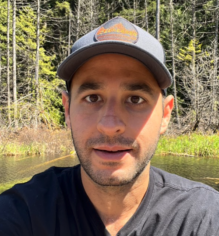

Amir Mohtasebi - Head of Engineering at Trade Me
«Thinnest Viable Platform: One Platform to Lure them All»
About two years ago, at Trade Me, we decided to build our cloud platform slightly differently. TVP (Thinnest Viable Platform) is our approach to building one platform to lure all engineers into choosing it as their golden path to a production-ready cloud environment. With platform-as-product concepts as our guiding principles, this talk describes our journey to ensure we make a platform that its customers – i.e. developers – need and desire. With special attention to our engineers’ cognitive load, we describe some insights into how we made sure the platform is simple to use, evolves based on developers’ needs over time, opinionated, and still is open to contribution by everyone across the company.



Lunch
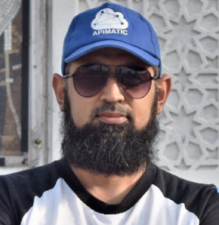

Adeel Ali - CEO at APIMATIC
«Docs as Code: Streamlining API documentation, SDKs and Code Samples automatically»
‘Docs as code’ refers to the practice of writing documentation using the same tools and processes that developers use to write code. This solves the problem of outdated API docs, SDKs and code samples after every API update. The approach brings elements like version control, CI/CD and branching into the documentation realm.
This talk will make a case for why using a Docs as Code approach to maintaining API Documentation may be ideal for most development teams. I will also demonstrate how using the right tools will make adopting this approach easy.
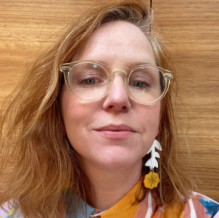

Mel Kaulfuss - Senior Developer Advocate at Buildkite
«Applying SRE Principles to CI/C»
The automation of building & testing code with CI/CD enables us to ship code frequently with a high level of trust that bugs won’t impact end-users. Why then are our CI/CD systems still often painfully slow, unreliable & our ability to deliver frequently blocked? Site Reliability Engineering (SRE) aims to reduce the pain caused by unhealthy platforms & processes that affect the reliability & stability of production systems. Join Buildkite’s Mel Kaulfuss as she looks at CI/CD through the SRE lens. Learn how to define meaningful SLOs (service-level objectives) & SLIs (service-level indicators), and use error budgets to tune your test suites & pipelines to manage CI/CD infrastructure & processes just as you would production systems.



Break


Andreas Koutris - Solutions Architect, Systems Engineering Team Lead at KASTEN
«Integrating Backup Into Your CI/CD Pipeline»
The ability to deploy code and version code has been a de facto requirement and a reason we have CI/CD pipelines for our application development, but with Kubernetes in particular we are seeing a closer tie between code and data. In particular, code being deployed can affect and change your data, for that reason, we need to consider protecting that data as part of our Continous Development pipelines, In this session, we will focus on how we can incorporate backup actions into your pipeline to ensure that any code changes will start by creating a restore point be it a snapshot or an export to another external repository. We will then as part of a demo incorporate a failure scenario into the environment pipeline to simulate how a config map can manipulate data to cause data loss. Then we nee


Sandeep Hooda - Senior Vice President , SRE lead at DBS
«How the Axolotls created our release deployment platform»
The Axolotls, also known to be the god of fire and lightning by the Aztecs, is an astonishing and wacky creature with the ability to regenerate lost limbs and stay “young” throughout their lives. This cute amphibian bemused us so much that it became the spirit animal for our latest innovation, an SRE automated release tool.
In this talk, you’ll learn how being inspired by nature has helped us cope with the astronomical rate of deployment caused by the pandemic and propelled us in our SRE journey. Embodying the characteristics of the Axolotls, our release tool is multi-functioning; it can auto-heal, auto-scale, and is in a permanent beta mode. All of this enabled us to reduce toil and strengthen our applications’ security, improve our developers’ work-life balance and customer’s experience
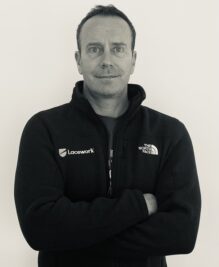

Anthony Rees - Regional Security Solutions Engineer at Lacework
«Sort Your Shift (Left) Out»
Navigating through the challenging nuances of the DevSecOps world can lead to confused teams, from “being agile, shifting left, delivering continuously, shifting right”, all while the backlog of features continue to grow and get lost in the dark.
The good news is, there is a path to the light. In this session we will learn from the best in the industry, and uncover their practices in deploying on-demand, restoring services in minutes and lowering their change failure rate. We will examine the techniques and technologies these organisations are using to achieve this securely and efficiently while maintaining speed and time to market.
Clossing remarks
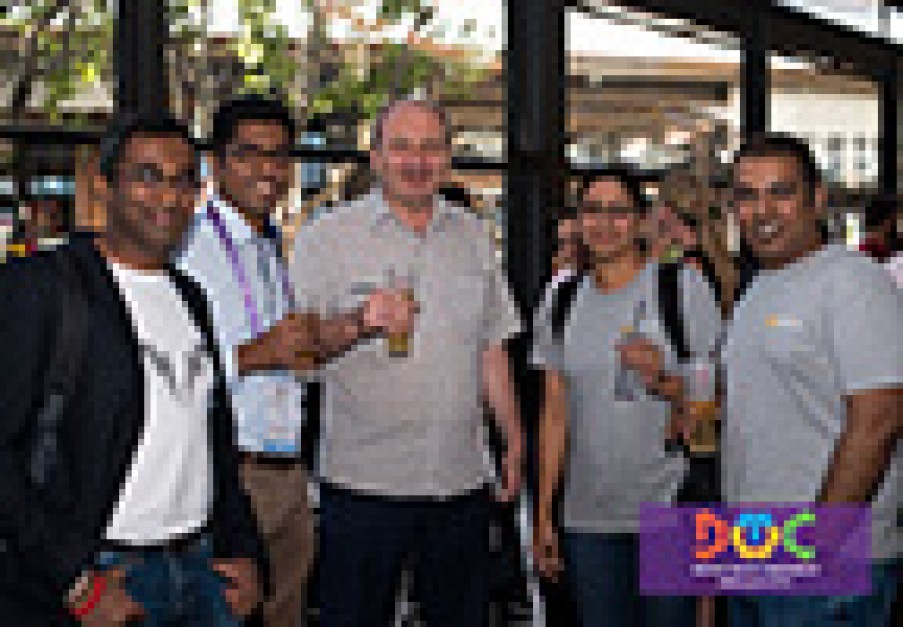
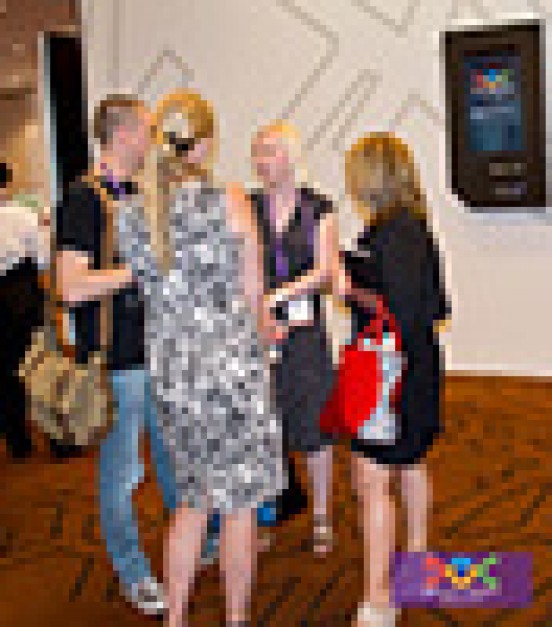
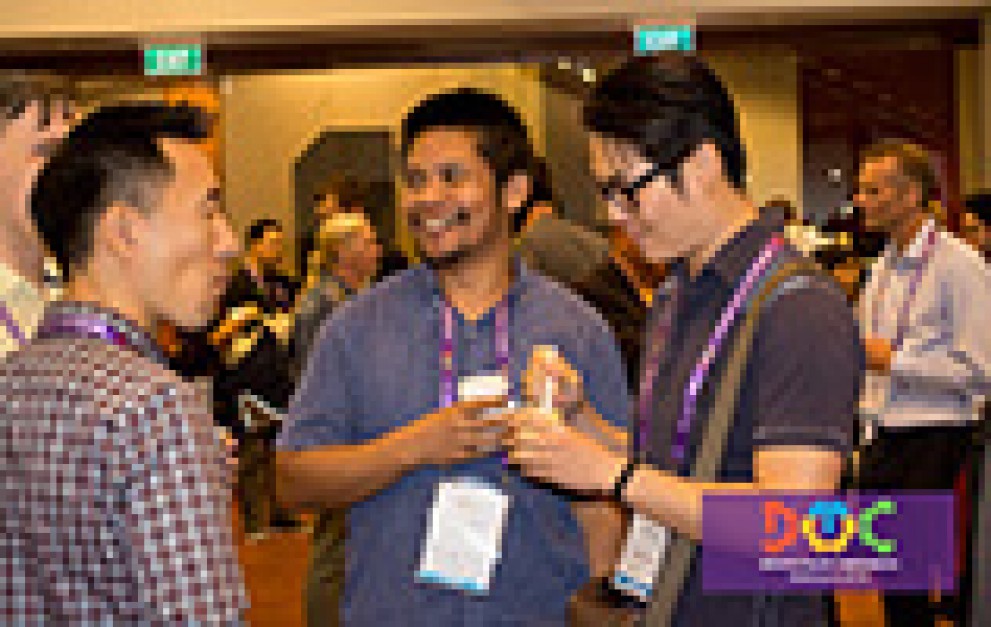
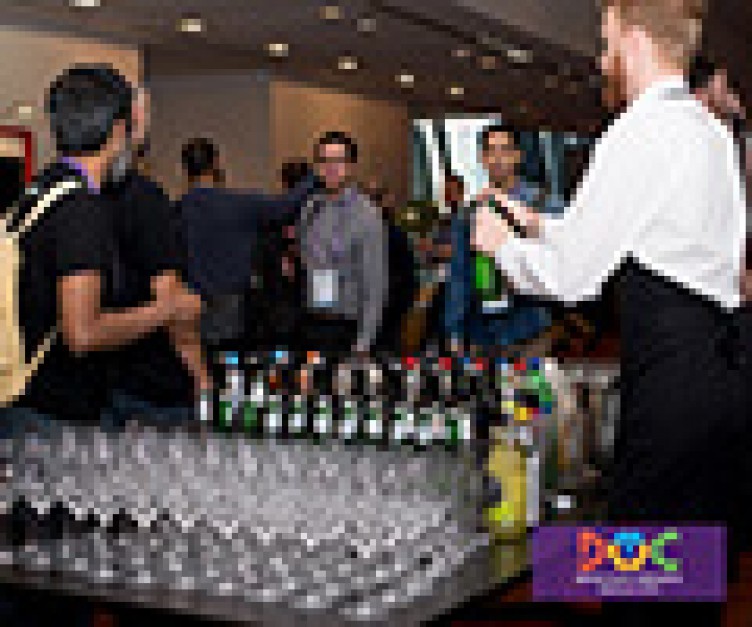
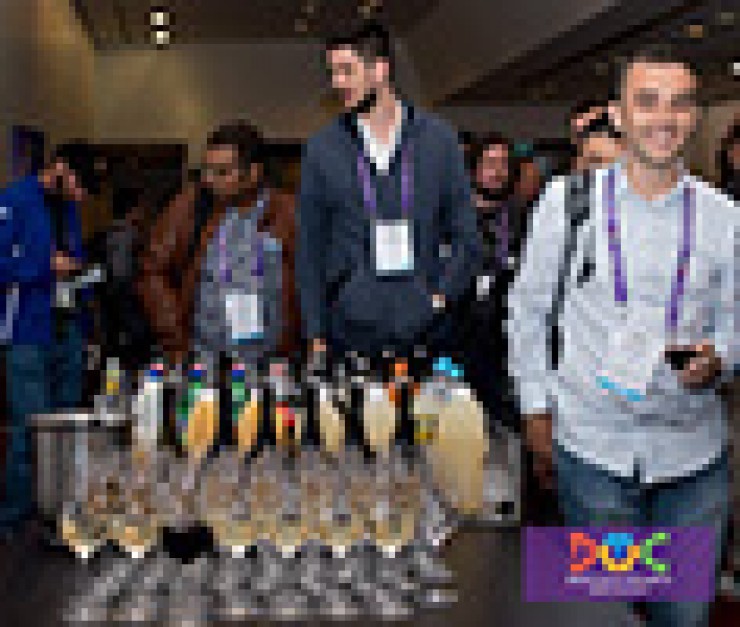
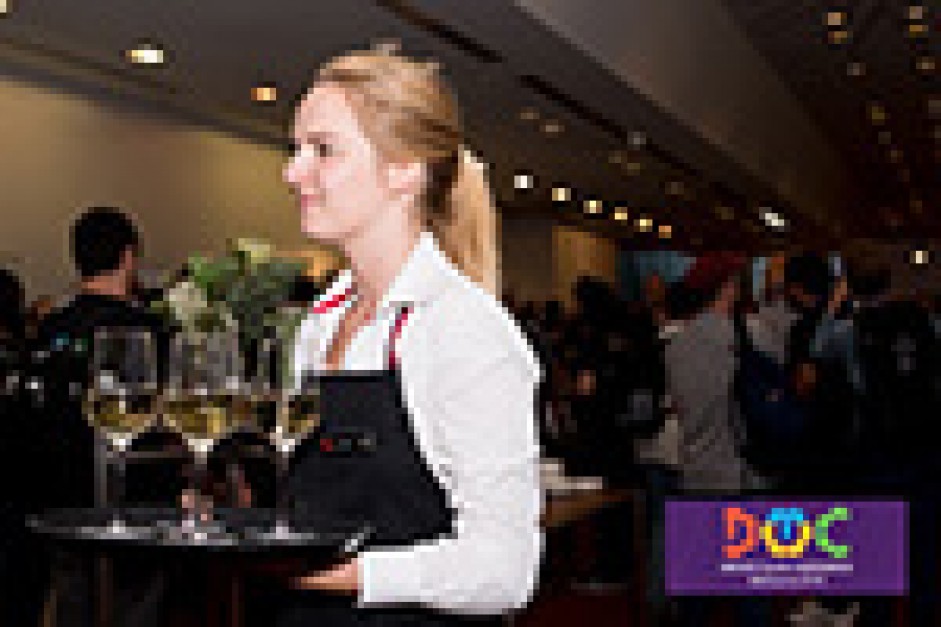
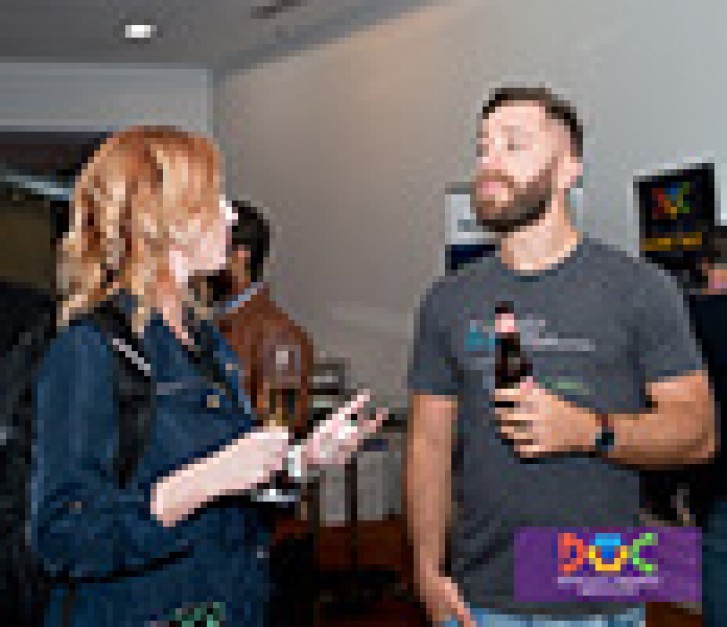
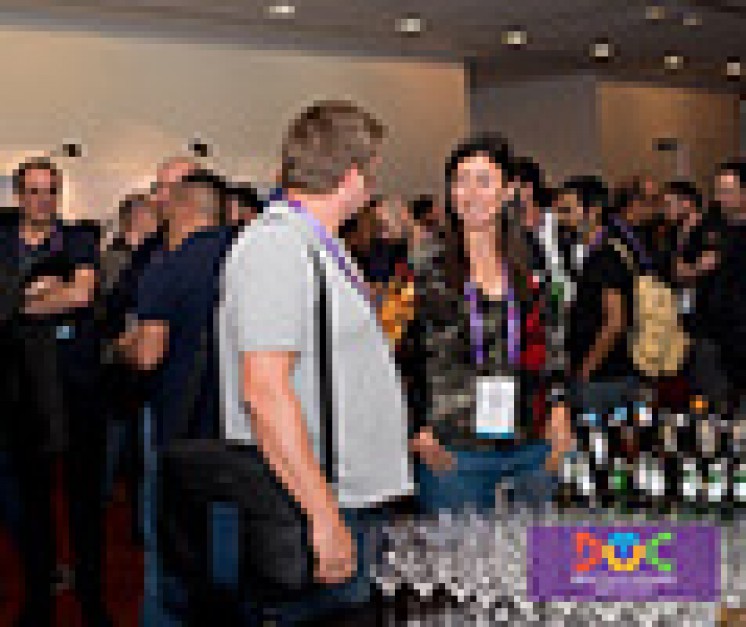
Entertainment, Networking, Discussions Open Space Discussions, Beer, Fingerfood Entertainment and Discussions

Getting Started with Istio Ambient Mesh Workshop Istio Ambient Mesh implements a “sidecarless” architecture which is transparent to the workloads in the mesh.
This approach has a number of benefits like incremental adoption, improved operations and more. The hands-on labs in this workshop will help you better understand how Istio Ambient Mesh works. To kick things off, you will need to install Istio using the new Ambient profile, which will install the Istiod control plane along with data plane components such as Istio ingress gateway and proxies.
Then, you'll learn how to onboard service into the Mesh and you'll explore several capabilities:

Hacking and Protecting Kubernetes Workshop by Sysdig
Please join us for a hands-on workshop where we will simulate an attack using Remote Code Execution exploit to gain access to a lab-based Kubernetes cluster, before traversing the entire MITRE ATT&CK framework to gain access to and move throughout the environment. We will show you how to visualise and detect the attack as well as demonstrate how to protect the Kubernetes cluster from such an attack. The workshop will also cover steps that you can take to secure the entire DevOps pipeline, by removing known vulnerabilities from your images, ensuring vulnerable images don't reach production, and respond to zero-day vulnerabilities in your runtime environment. Learn how you can increase the overall security posture of your Kubernetes environments using Kubernetes Security Posture Management. Workshop schedule for the day:
8:30 am to 9.15 - Attendee Registration & Breakfast
9:15am to 10:45am - Workshop: Introduction, installation and configuration
10:45am to 11:00am - Morning tea break
11:00am to 12:30pm - Workshop: Detecting, Preventing and Responding to threats in production
12:30 to 1:30pm - Lunch break
1:30pm to 2:30pm - Workshop: Detecting and remediating vulnerabilities in applications
2:30 to 3:00 - Continuously evaluating the compliance and security posture of your cloud
3:00-3:30 - Implementing Network Segmentation to reduce lateral movement
3:30 to 4pm - Workshop: Monitoring for Indicators of Compromise
Due to the technical nature of this workshop, it is recommended that you have: Some basic linux skills
A laptop with the web browser Spaces are limited.
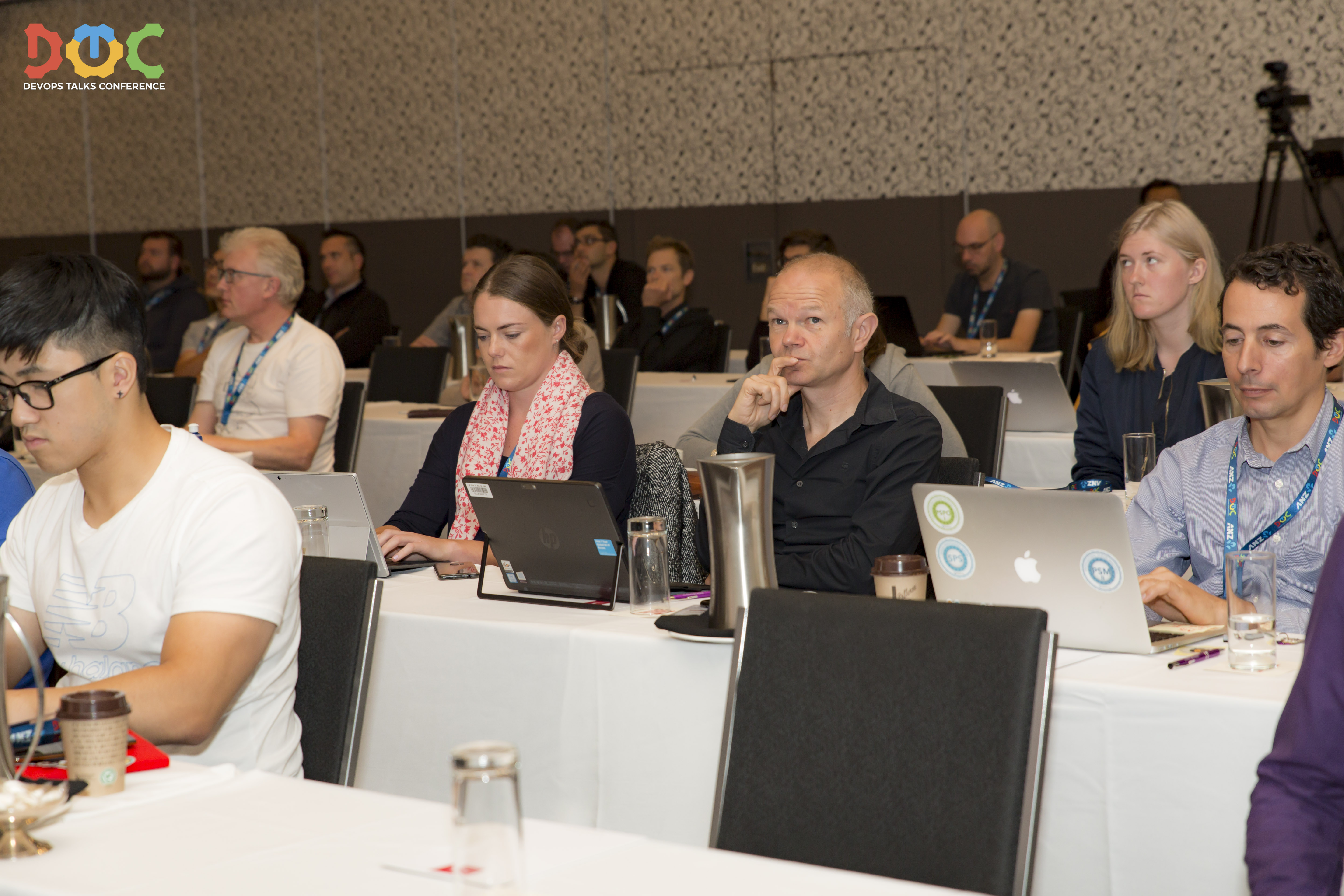
Securing Code to Cloud and Back to Code - Azure Ecosystem
In this hands-on workshop you will learn how you can give developers working in the Azure ecosystem a unique security feedback loop, with direct, actionable fixes, from code to cloud, back to code. By connecting observed cloud security insights with developer-driven workflows, you will see first hand how developers can prioritize and remediate vulnerabilities faster in Cloud Native workflows. Security issues are fixed by developers when they have the information they need within the tools they work with every day. This workshop will show you how to integrate security insights and fixes from snyk.io with Visual Studio Code, Github, Azure repos, Azure Pipelines and Azure Container Registry. We will show you how to secure a complete Cloud Native application made up of proprietary code, open source libraries, serverless functions, container images and infrastructure as code. While this hands on workshop will be in the Azure ecosystem, much of what you will learn can be applied in other clouds and with other DevOps tools. This developer focused approach to Cloud Native Application security results in reduced risk due to more secure cloud environments and increased developer productivity, leading to better and faster innovation.
Prerequisites for attendees:
The attendees will need to bring their own device and if they can install the below prerequisites before the workshop it will help us to get going on the day. In order to make the most of our time together during the workshop, please install or subscribe to the below pre-requisites that will be used throughout the workshop. If you run into issues or need help with the installation or setup please arrive 15 minutes early and we will be able to assist you on the day.
Subscribe to the following:
Microsoft Azure Subscription - https://azure.microsoft.com/en-au/free/
Registered free account on Snyk App - https://snyk.io
Docker Hub Account - http://hub.docker.com
Install following:
Azure CLI - https://docs.microsoft.com/en-us/cli/azure/install-azure-cli
snyk CLI - https://support.snyk.io/hc/en-us/articles/360003812538-Install-the-Snyk-CLI
git CLI - https://git-scm.com/downloads
Docker Desktop running locally - https://docker.com/products/docker-desktop
Your preferred IDE: Visual Studio Code or Visual Studio (Jetbrains and Eclipse can also be used if you prefer)
